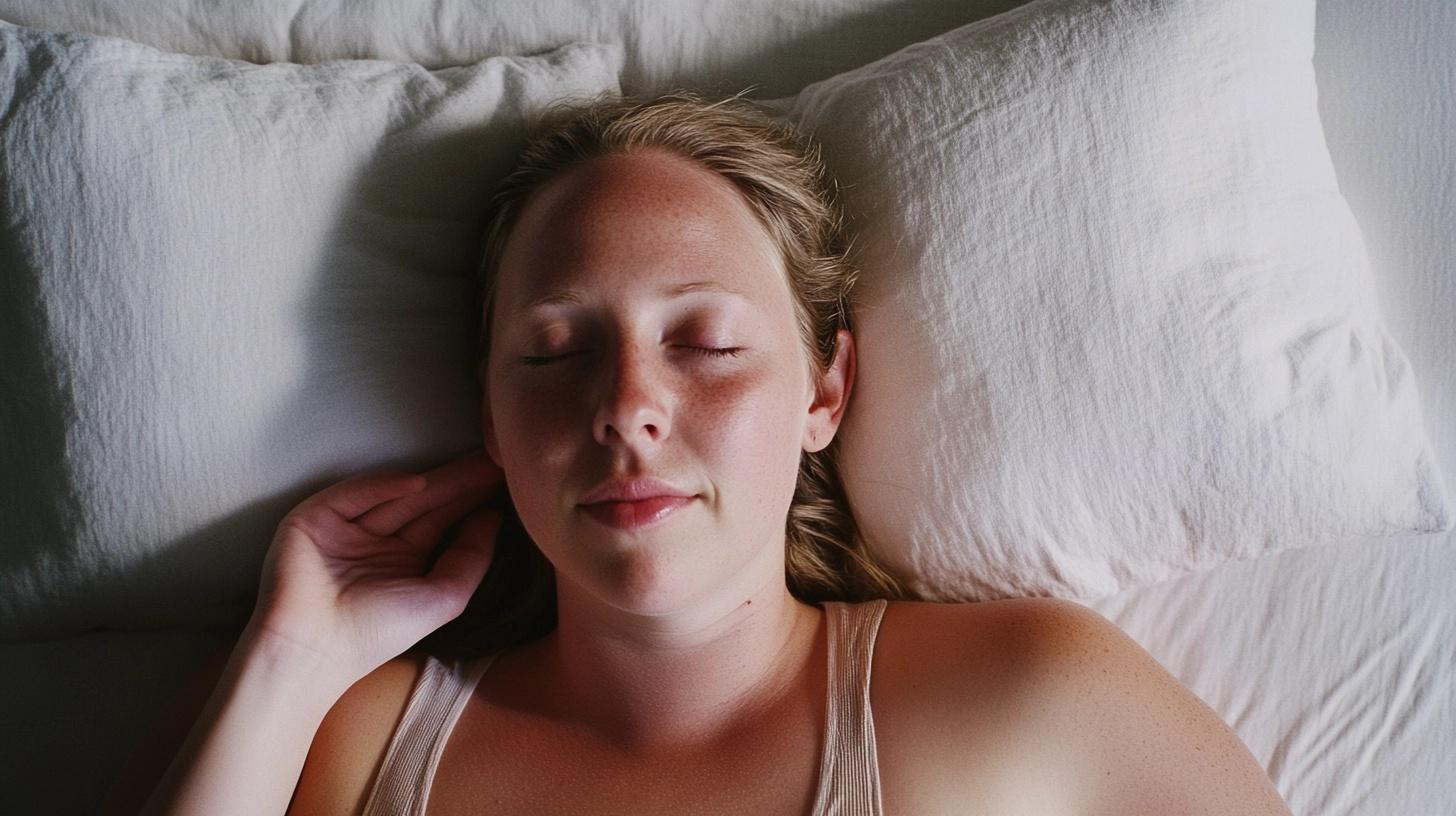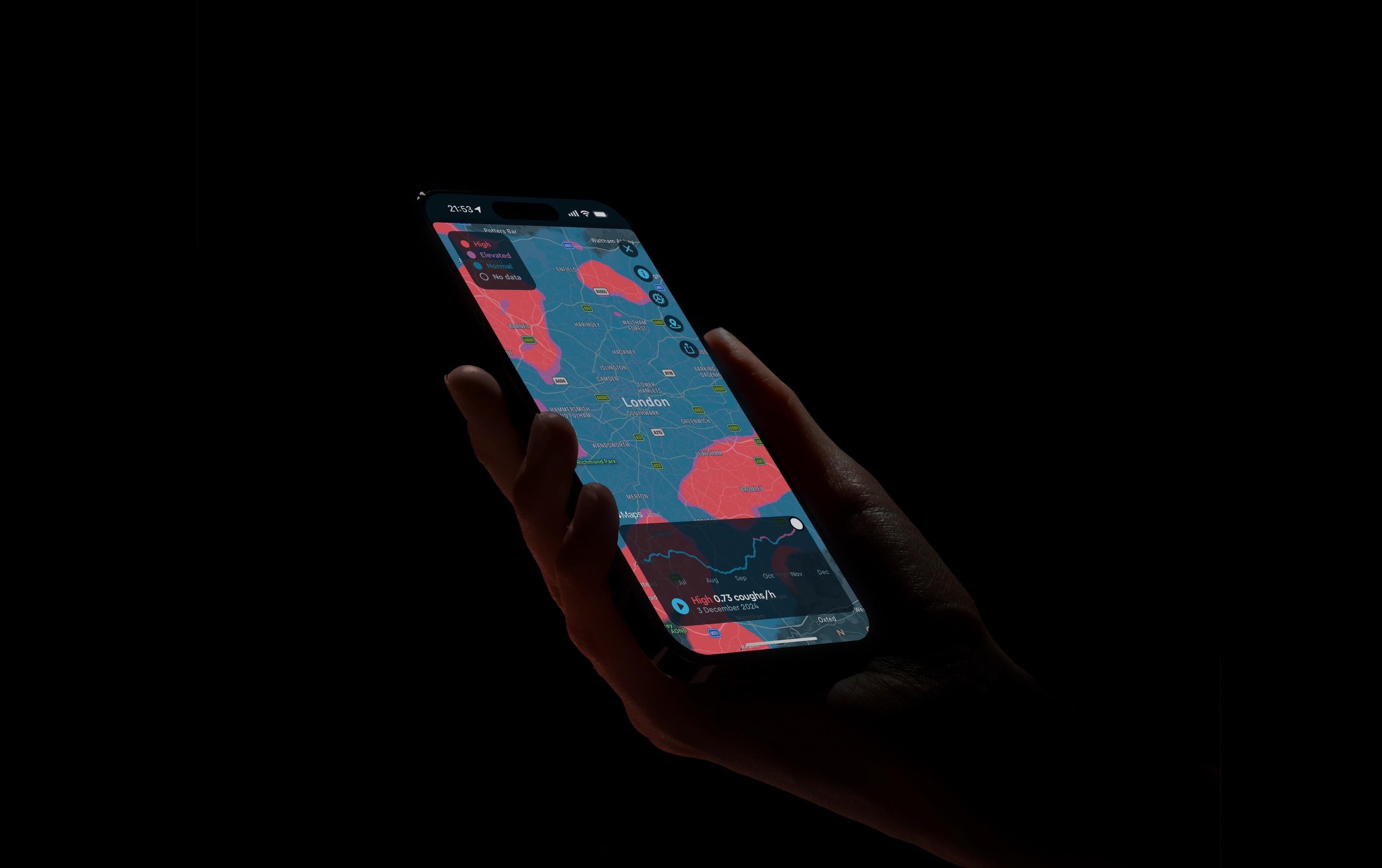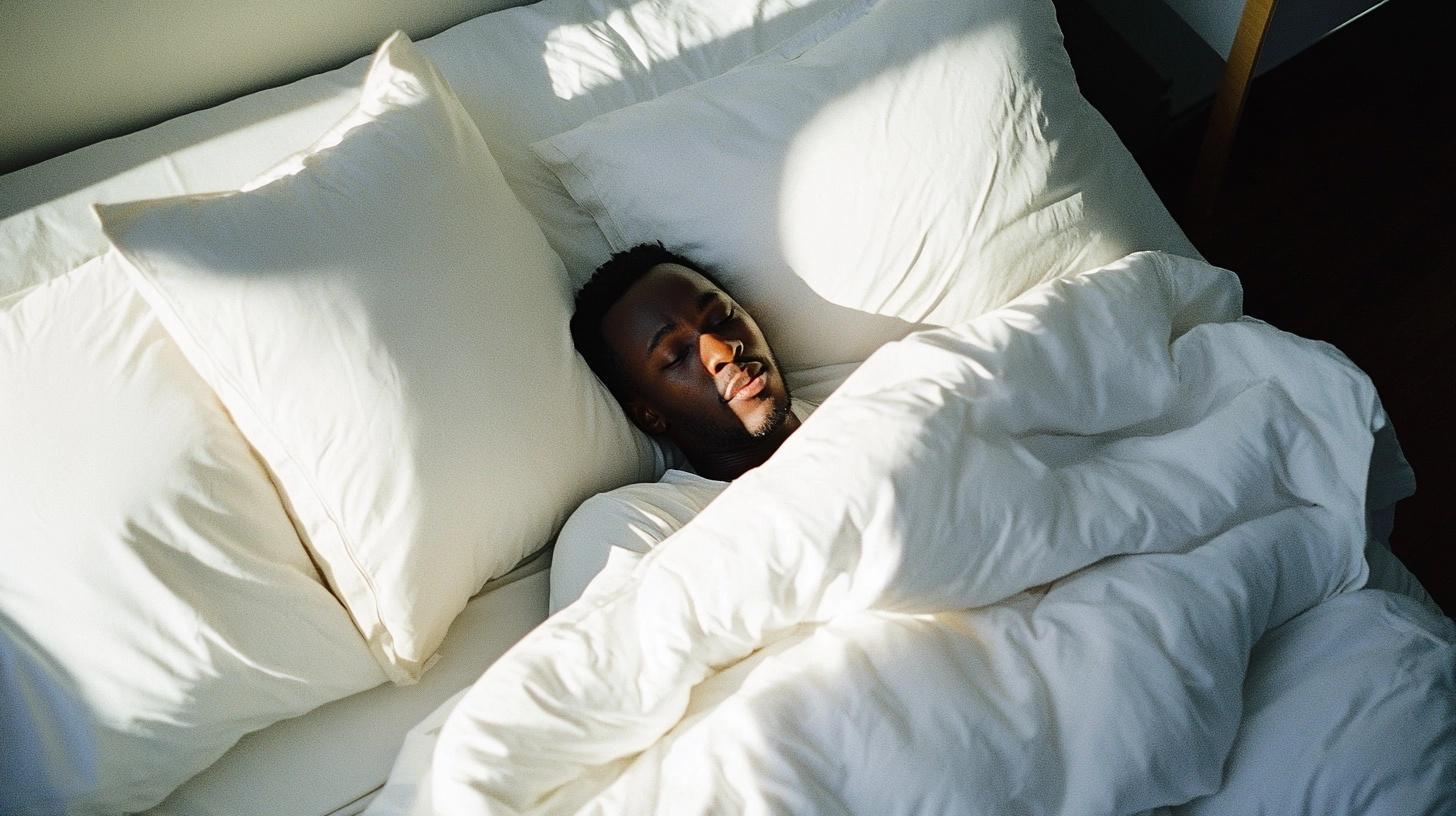The benefits of sleep tracking

Why is sleep tracking considered by some to cause only stress and anxiety, where others find it life changing for the benefit of better sleep and better health? How can the gap be so wide on something that’s just about data and numbers? Our Head of Content, Andreas Roman, dug deep into sleep trackers when he worked with therapists and psychologists to create our sleep training program. This is what he found.
The Sleep Scale
When we were building our sleep training program for Sleep Cycle, I had the privilege of collaborating close with psychologists and therapists, who together had treated thousands of people with anything from mild to severe sleep disorders. Their perception of sleep tracking varied, to the extent that some almost with reluctance decided to work with us, whereas others were so on board, I was struggling to keep up with their enthusiasm. Ironically, at the time, our leading university hospital in Gothenburg was engaged in the development of a tracker themselves, to complement their treatment of patients with sleep disorders. Clearly, the idea of using technology to track sleep data had yet to exist in its own truthful context.
I noticed when I interacted with these people, the more they drifted towards the subjective idea of what a sleep tracker was, the more they removed themselves from the functional idea of tracking. They applied emotional values to something that really didn’t do anything else than observe and present the results. Like stepping on a scale and blaming it for your weight, even if you were the one asking about it. And yet, journaling of sleep data remained central in their treatments. They were using sleep tracking with their patients for sure, just not with bleeding edge technology.
Sleep tracker data and anxiety
Whatever the context for these treatments, these were data points that needed to reflect objective truth. There would be no benefit in having subjective data on bedtimes, hours asleep, potential snoring, when you got up in the morning, your habits during daytime and so on, when the purpose was to offer recommendations on treatment. You would benefit only from being sure, which would then clear the way for the equally important subjective experience, such as how rested you felt throughout the day, when your sense of fatigue kicked in, if you woke up fresh in the morning, if you just felt generally good. Once I suggested that the kind of sleep tracking we do at Sleep Cycle was only a more reliable way to journal the data you would need to properly help a patient anyway, I was met with a more positive understanding. From that perspective, the results held only benefits.
However, the anxiety sleep tracking could cause was real, like sleep’s equivalent of the White coat syndrome when measuring your blood pressure. The stress of being told by data that you didn’t sleep well, with the potential implication this might have for your health, would do more harm than good without the compassion that a physician or therapist could offer to present the data in a mindful way. Like all therapies, if you’re not ready for it, it won’t work.
How we all benefit from tracking sleep patterns
So, do I need the confidence of a superhero, to benefit from sleep tracking? Of course not. You can be casually curious or struggle with a disorder, and Sleep Cycle can still help. Tracking just tells you the state of your sleep, as far as its data points go. You’re the one who decides if this is good or bad news, if it’s what you expected, if you’re ready to accept it and put in the work, or just observe for now. Perhaps you’re at a place in life where you’re well aware change is not on the menu. You’re working shifts, you just got home with newborn twins or you’re travelling across time zones. Quantifying this with sleep tracking might not fix the situation, but it will provide you with a platform for change, once you’re able to find your way back to better sleep. Like life, sleep is not a constant. It changes. Accept this, and tracking will be beneficial to understand your next step when you’re ready to commit. In the meantime, don’t let the data bother you. It works for you, not the other way around.
Because really, even if you might feel stuck right now, there’s almost always something you can do if you just get the numbers on what those somethings might be. You don’t need to focus on the data you can’t work with. But tracking your sleep quality and patterns can help you find the points you can work with. If it’s when you go to bed, when you get up, if you snore, if you have too much coffee or don’t get your daylight dosage. You’d be surprised to know that just one or two of the items we track, could be the silver bullet to improve your quality of rest. You can be your own sleep detective, find those data points and work on them until you own them.
Truth and sleep
The benefits of sleep tracking are as flexible as your journey through life, then. A number that means nothing to you now, can be the single most important one in a few months. These quantified truths remain non-judgmental, because you decide their relevance. You apply the value to them. The data is nothing without you and it certainly doesn’t get to decide who you are and what you feel like on a certain day. But it helps you understand yourself. It helps you make informed decisions on your health. It clears away certain doubts and you can focus on that which remains, your subjective experience on your quality of rest and what you need to reach better sleep. That is the benefit of sleep tracking. That is our mission at Sleep Cycle, to help you reach better health through better sleep, one point of truth at a time.









